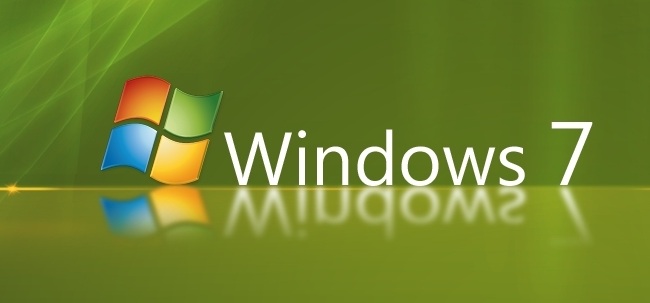
Today is Windows 7’s first birthday and Microsoft has reason to celebrate. License sales of Windows 7 have eclipsed 240 million copies in just a year, reports Datamation. The company claims that 17.1 percent of all PCs are running the freshman operating system, surpassing the marketshare of Microsoft’s last operating system, Windows Vista. 93 percent of new PCs are shipping with it and all of the company’s more than 18,000 hardware partners are selling PCs with the OS on them, compared to 70 percent when Vista was a year old. Windows 7 is the fastest selling version of Windows yet.
“I actually felt in the beginning we needed to temper expectations a bit … but a year later, we’re on track. We’re right where we thought we would be,” Gavriella Schuster, general manager of Windows product management, said in a statement.
Windows return to grace has helped Microsoft’s bottom line as well. In the last three months, Windows and Office have helped the company raise its profit by 48 percent, with a 22 percent jump in overall revenue. Barring a disaster, things should only improve as more companies and consumers replace their aging PCs.
Business Survey
In a related story, Symantec released the results of a Windows 7 enterprise survey it conducted, and they look good for Microsoft. The survey found that “very few” companies are waiting for Windows Service Pack 1 before making the leap to 7. In the past, especially with Vista, businesses held off the move to a new OS until Microsoft released its first major service pack, known for patching major bugs and security holes. This time, however, businesses are already making the plunge based on good word of mouth.
“Respondents listed increased performance (69 percent), increased reliability (59 percent), and a better end-user experience (51 percent) as the most common factors influencing their decisions to migrate to Windows 7,” Symantec’s survey said.
Editors' Recommendations
- 7 beloved Windows apps that Microsoft has killed over the years
- How to uninstall Windows 10 and downgrade to Windows 8.1
- This popular photo-editing app will no longer work on Windows 7 and Windows 8.1
- Microsoft confirms Windows 10 21H1, its first major update for this year
- Windows 7 has been dead for a year, but 100 million PCs still use it
